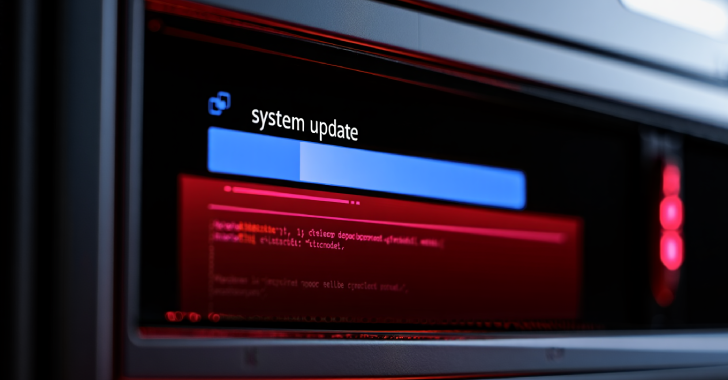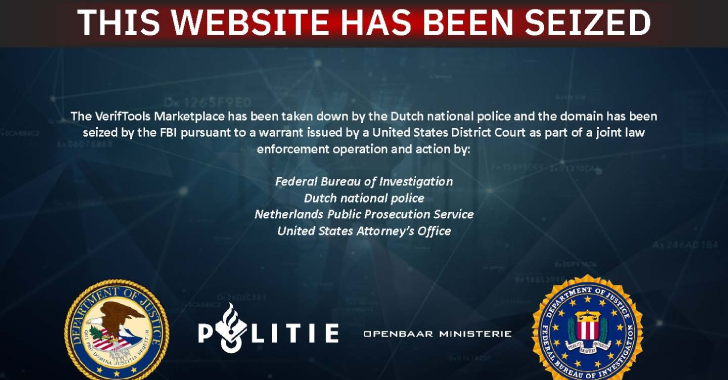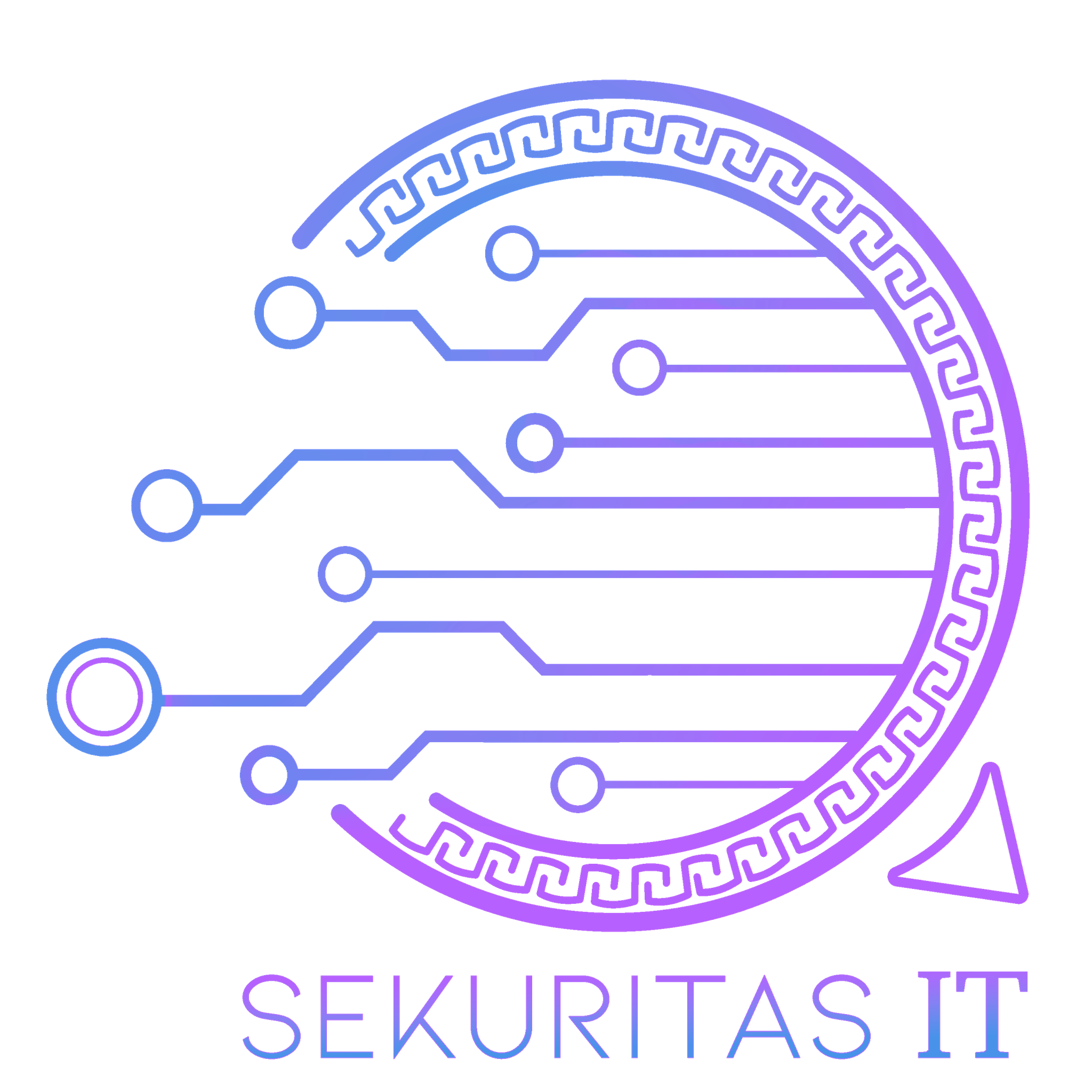Category: Uncategorized
-

ScarCruft Uses RokRAT Malware in Operation HanKook Phantom Targeting South Korean Academics [email protected] (The Hacker News)
Cybersecurity researchers have discovered a new phishing campaign undertaken by the North Korea-linked hacking group called ScarCruft (aka APT37) to deliver a malware known as RokRAT. The activity has been codenamed Operation HanKook Phantom by Seqrite Labs, stating the attacks appear to target individuals associated with the National Intelligence Research Association, including academic figuresRead More
-

Attackers Abuse Velociraptor Forensic Tool to Deploy Visual Studio Code for C2 Tunneling [email protected] (The Hacker News)
Cybersecurity researchers have called attention to a cyber attack in which unknown threat actors deployed an open-source endpoint monitoring and digital forensic tool called Velociraptor, illustrating ongoing abuse of legitimate software for malicious purposes. “In this incident, the threat actor used the tool to download and execute Visual Studio Code with the likely intention of…
-

WhatsApp Issues Emergency Update for Zero-Click Exploit Targeting iOS and macOS Devices [email protected] (The Hacker News)
WhatsApp has addressed a security vulnerability in its messaging apps for Apple iOS and macOS that it said may have been exploited in the wild in conjunction with a recently disclosed Apple flaw in targeted zero-day attacks. The vulnerability, CVE-2025-55177 (CVSS score: 8.0), relates to a case of insufficient authorization of linked device synchronization messages.…
-

Researchers Warn of Sitecore Exploit Chain Linking Cache Poisoning and Remote Code Execution [email protected] (The Hacker News)
Three new security vulnerabilities have been disclosed in the Sitecore Experience Platform that could be exploited to achieve information disclosure and remote code execution. The flaws, per watchTowr Labs, are listed below – CVE-2025-53693 – HTML cache poisoning through unsafe reflections CVE-2025-53691 – Remote code execution (RCE) through insecure deserialization CVE-2025-53694 –Read More
-

Amazon Disrupts APT29 Watering Hole Campaign Abusing Microsoft Device Code Authentication [email protected] (The Hacker News)
Amazon on Friday said it flagged and disrupted what it described as an opportunistic watering hole campaign orchestrated by the Russia-linked APT29 actors as part of their intelligence gathering efforts. The campaign used “compromised websites to redirect visitors to malicious infrastructure designed to trick users into authorizing attacker-controlled devices through Microsoft’s device codeRead More
-

Abandoned Sogou Zhuyin Update Server Hijacked, Weaponized in Taiwan Espionage Campaign [email protected] (The Hacker News)
An abandoned update server associated with input method editor (IME) software Sogou Zhuyin was leveraged by threat actors as part of an espionage campaign to deliver several malware families, including C6DOOR and GTELAM, in attacks primarily targeting users across Eastern Asia. “Attackers employed sophisticated infection chains, such as hijacked software updates and fake cloud storage…
-

Can Your Security Stack See ChatGPT? Why Network Visibility Matters [email protected] (The Hacker News)
Generative AI platforms like ChatGPT, Gemini, Copilot, and Claude are increasingly common in organizations. While these solutions improve efficiency across tasks, they also present new data leak prevention for generative AI challenges. Sensitive information may be shared through chat prompts, files uploaded for AI-driven summarization, or browser plugins that bypass familiar security controls.Read More
-

Click Studios Patches Passwordstate Authentication Bypass Vulnerability in Emergency Access Page [email protected] (The Hacker News)
Click Studios, the developer of enterprise-focused password management solution Passwordstate, said it has released security updates to address an authentication bypass vulnerability in its software. The issue, which is yet to be assigned a CVE identifier, has been addressed in Passwordstate 9.9 (Build 9972), released August 28, 2025. The Australian company said it fixed a…
-

FreePBX Servers Targeted by Zero-Day Flaw, Emergency Patch Now Available [email protected] (The Hacker News)
The Sangoma FreePBX Security Team has issued an advisory warning about an actively exploited FreePBX zero-day vulnerability that impacts systems with an administrator control panel (ACP) exposed to the public internet. FreePBX is an open-source private branch exchange (PBX) platform widely used by businesses, call centers, and service providers to manage voice communications. It’s built…
-

Feds Seize $6.4M VerifTools Fake-ID Marketplace, but Operators Relaunch on New Domain [email protected] (The Hacker News)
Authorities from the Netherlands and the United States have announced the dismantling of an illicit marketplace called VerifTools that peddled fraudulent identity documents to cybercriminals across the world. To that end, two marketplace domains (verif[.]tools and veriftools[.]net) and one blog have been taken down, redirecting site visitors to a splash page stating the action was…
